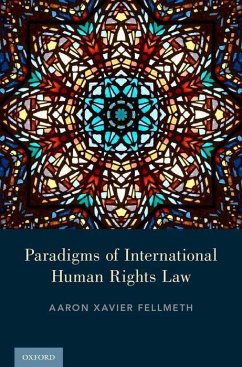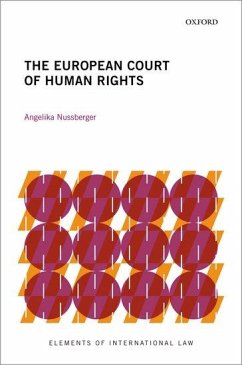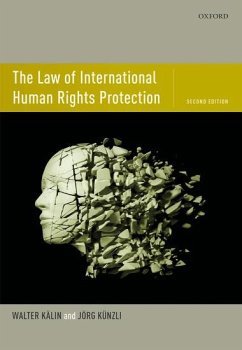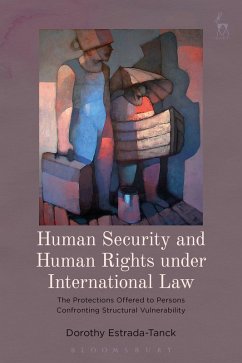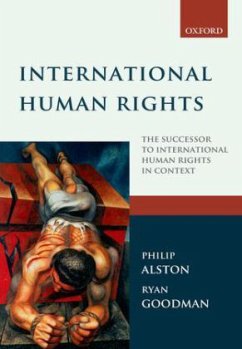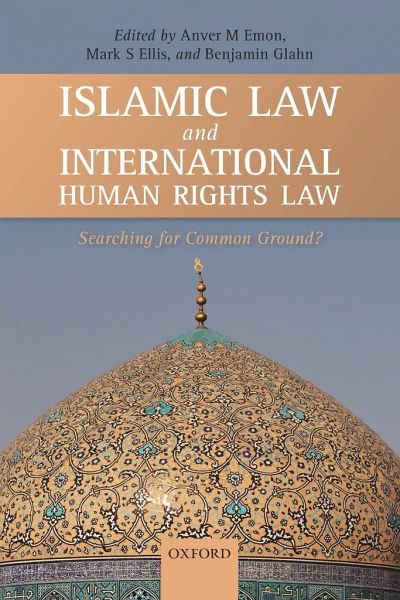
Islamic Law and International Human Rights Law
Versandkostenfrei!
Versandfertig in 1-2 Wochen
62,99 €
inkl. MwSt.

PAYBACK Punkte
31 °P sammeln!
Deepening the discussion of the relationship between Islamic law and human rights, this volume gathers leading experts in both fields to examine how each system protects and limits fundamental freedoms. From gender equality to freedom of religion the book explores the main flashpoints in the debate, examining the operation of the law in context.





